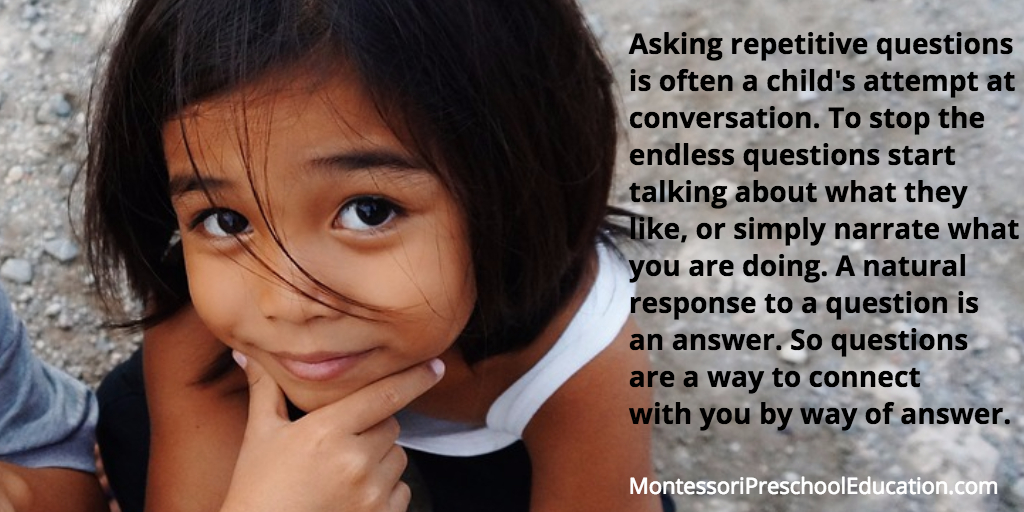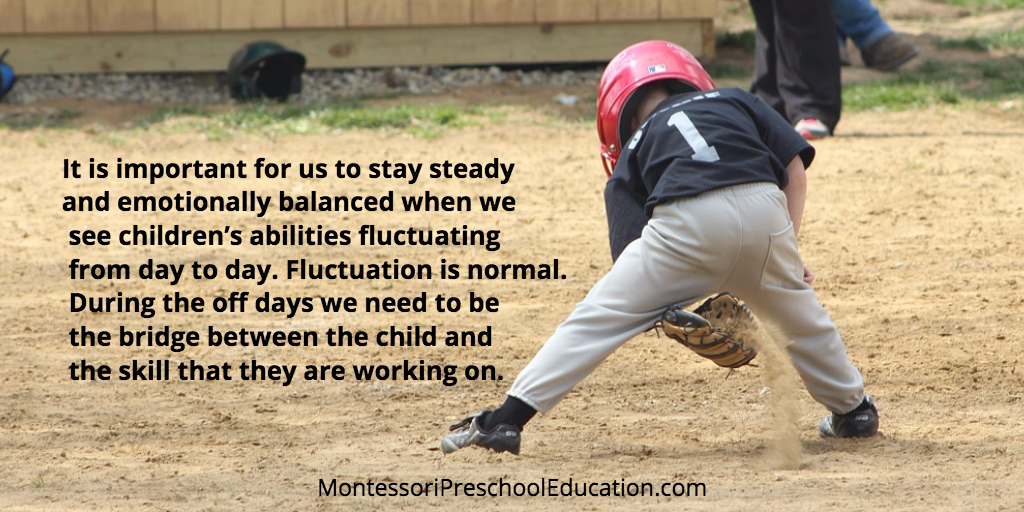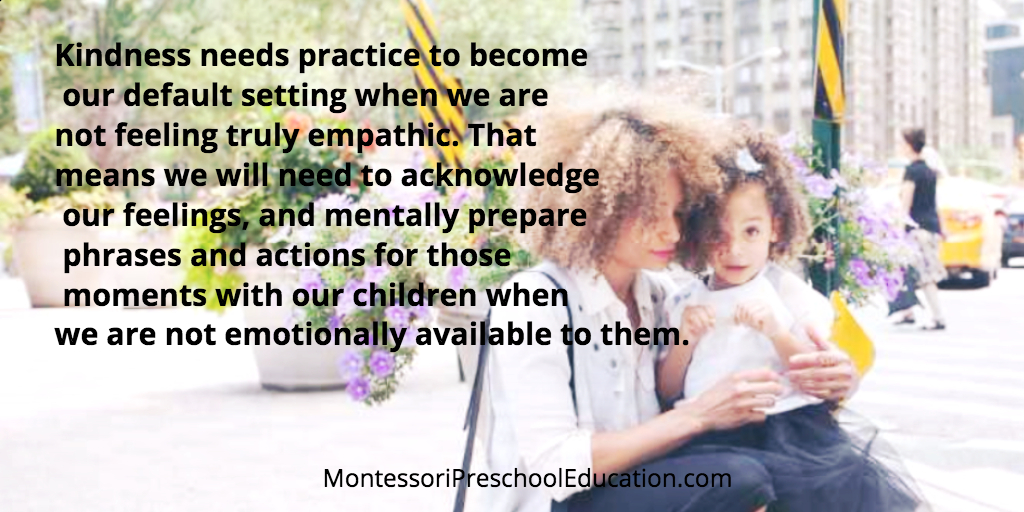One of the best ways you can ensure your child’s success in preschool is to make sure that you and their teacher are on the same page. Therefore, check with your child’s teacher in the following areas.
-How to handle the transitions of starting and ending the day.
How you drop off and pick up your child can shape the tone of your day, as well as theirs, and the teachers. A drawn out goodbye with a long routine can put the teacher on standby waiting for you to leave. This can prohibit the teacher from attending to the other children and starting the day. Most likely the teacher will have advice and preferences for the best way to drop off in the morning. If your child has a tough time saying goodbye talk to your child’s teacher to make a plan for the goodbye ‘hand-off’ and stick to the plan. The same goes for picking up in the afternoon.
*Teacher Insight: Teachers often feel there is an uncomfortable dynamic between parent and teacher, and who is in charge during morning and afternoon transitions. This tension can be eliminated by limiting transition time and deferring authority to the teacher. This also signals to your child that it is the teacher who is in charge of their care during the day. Trust and respect is established between all three parties (parent, child, teacher) when this is done. If you feel you need more time with your child to say goodbye or get them comfortable, communicate directly with the teacher and ask where you will be the least disruptive. Remember, the teacher has to transition each child and 20 long goodbyes can prevent the rest of the children from morning activities.
-Know the daily schedule and be on time.
This directly ties into the above point, but is important enough to stand on it’s own. If you have a toddler or preschooler you know that routines are foundational to their security and happiness. If it’s important to be on time to elementary school, why is it not important for your child to be on time to preschool? Many preschools, especially Montessori schools, have a daily routine that helps the children transition happily through the day. If your child is constantly missing the morning announcements and routines they may be missing something that helps them settle into the day. Your late arrival may also interrupt the teacher’s lessons and the concentration of already working children.
*Teacher Insight: I have had parents tell me their schedule does not work with the school schedule and that they can not change it. Montessori teachers feel disrespected when we know parents will have to change their schedules when their children go to elementary school, but do not see it as important to do it for preschool. Preschool is real school.
-How does the teacher instruct children to handle conflict?
Is there a greater time of conflict than preschool? Sometimes I feel all I do is mediate fights between children. More than likely you will hear your child talk about something that happened at school between them and another child. And more likely than not, in their version, it will be the other child’s fault. Therefore, it is important to know how the teacher instructs the children to handle conflict and apologies. Not all teachers have good philosophies on conflict and apologies. If they don’t, it is important for you to walk through ways to manage the problem. If the teacher does have a good method, be on the same page so that you can reinforce the problem solving technique.
*Teacher Insight: A common parent response to their child when they have a problem at school is “Tell your teacher…”. Of course your child should tell the teacher if they are seriously hurt or have a problem they really cannot solve on their own, but “go tell your teacher” is a catch all response that is teacher “torture”. Dozens of times a day for the smallest infractions children tell their teacher. Multiple that by a classroom of children and the teacher’s head is ready to explode. Instead, talk to your child about what they can do in the situation. This is better strategy because then you are connecting with them and helping them learn to solve their problems rather than having someone else fix it.
-Know how the teacher celebrates special occasions
Birthdays and holidays can be a rite of passage for children, and many teachers have set up a special way that works within the parameters of the classroom to celebrate. Although parents may have an idea of how they would like to celebrate, respect the fact that you do not know the ups and downs of the classroom, and what would be best for each unique group of children. Therefore, ask the teacher how they would like to set up a celebration and what would work best for the class. And remember, you can completely control your celebration at home.
*Teacher Insight: Surprising a teacher without notification the day of with a cake or special treat puts them on the spot and can make them feel disrespected. All discussions regarding celebrations should be with the classroom teacher. Do not assume that the teacher will get the message if you speak with an administrator or assistant teacher.
-Nap time items, toys, and comfort objects
It is important to know what items the teacher allows in the classroom. Your child could easily become upset if you tell them they can have something in the classroom but the teacher does not allow it. What is allowed can be individual to every teacher so it is important to check. It is also mature to ask the teacher when your child is not immediately present to hear the answer. The teacher may feel that you are trying to manipulate the answer if you ask in front of the child. It also sets the teacher up to be the “bad guy” if they say no. There is probably a valid reason why their answer is what it is.
Teacher Insight: Remember the classroom has to accommodate ALL the children and families. It is not possible to run a classroom based upon every family’s individual demand and preferences. Paying for your child’s attendance means you are paying for what is being provided, not for individual treatment. It is easy to get an entitled attitude when you want the best for your children, and you are worried about their care. But, remember, you get more with honey than with vinegar. Respectful and pleasant conversation is more likely to keep you in the know and get you what you and your child need.
-We love your children and want to have a good relationship with you!
I love to accommodate families as much as I can and I enjoy doing so when I have a good relationship with the parents. These tips are here to help parents know what is frustrating to teachers. Communication is the key to understanding how the classroom works and how you can be a part of the classroom community. Teachers want the classroom to be happy and comfortable for everyone!






